Kat first started working at DCI as the Service Coordinator she was excited to discover that part of her job would be to visit with members and their families once a month in their homes. You get to see and really know people when you visit them in their home. But Kat did not realize how different a person might be when in the familiar and safe environment of their home until she made a visit to Racey’s home. Kat had observed and tried to interact with R acey while she attended the day program at the center. While she appeared to enjoy and was willing to participate in activities she never spoke. Not one word. She did not speak to her peers or any of the staff. She would simply smile or nod her head yes or no to a question. Kat scheduled an appointment with Racey’s mom and visited their home one evening after Racey was home from the DCI Day Program. Kat sat at the kitchen table with Racey’s mom discussing what things Racey likes. When asked about Racey’s speech, her mom laughed and asked Racey to come to the kitchen. Racey came in and plain as day said “What you want?” to her mom. Her mom asked Racey questions about her day and Racey told her mom all about what happened at the center that day. That was 8 years ago.
acey while she attended the day program at the center. While she appeared to enjoy and was willing to participate in activities she never spoke. Not one word. She did not speak to her peers or any of the staff. She would simply smile or nod her head yes or no to a question. Kat scheduled an appointment with Racey’s mom and visited their home one evening after Racey was home from the DCI Day Program. Kat sat at the kitchen table with Racey’s mom discussing what things Racey likes. When asked about Racey’s speech, her mom laughed and asked Racey to come to the kitchen. Racey came in and plain as day said “What you want?” to her mom. Her mom asked Racey questions about her day and Racey told her mom all about what happened at the center that day. That was 8 years ago.
Racey now carries on a conversation with peers and staff. She comforts peers or staff who might be down or sad with the words “it will be alright baby” and a hug. Racey says hello to Kat every morning and tells her about things going on at home and with special Olympics. Her words are short and her sentences choppy but she makes herself heard and understood when she sings or is happy or upset.
It has taken many years for Racey to get to the point of talking to all of us. Once when Kat asked her why she talks so much now at the center she responds with one word “home.” For Racey over the years DCI and the people around her have become home. We are proud to have been and to continue to be a part of creating a place in the community where Racey can feel at home.
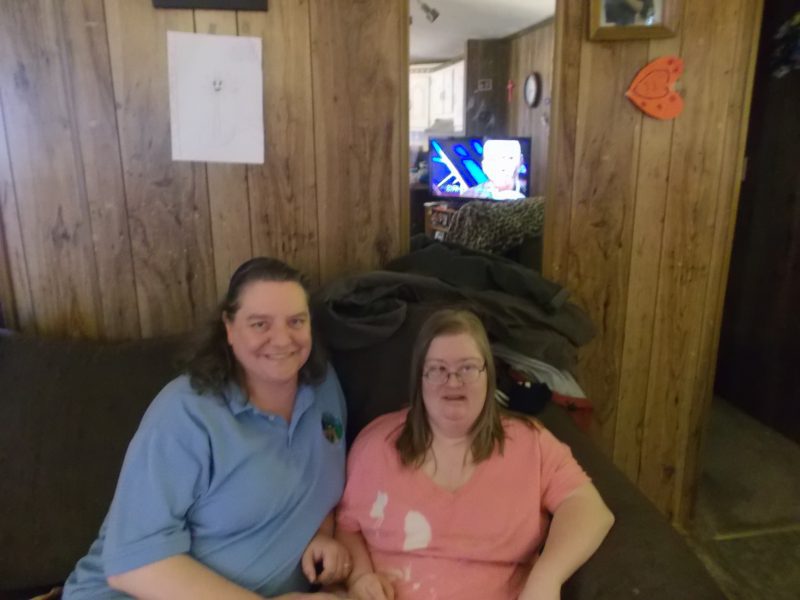

 As a vendor for Department of Rehabilitation Services (DRS), we assist with assessments of abilities, strengths, employment interest, and transportation. Clients do not have to be on the waiver program. Anyone who needs special assistance to secure employment may apply to the DRS.
As a vendor for Department of Rehabilitation Services (DRS), we assist with assessments of abilities, strengths, employment interest, and transportation. Clients do not have to be on the waiver program. Anyone who needs special assistance to secure employment may apply to the DRS. 
 I started working at DCI in July of 2012. My first position with the company was Program Manager. I then moved to Community Relations Manager. I work with businesses on jobs for clients and I also run the Department of Rehabilitation contract work.
I started working at DCI in July of 2012. My first position with the company was Program Manager. I then moved to Community Relations Manager. I work with businesses on jobs for clients and I also run the Department of Rehabilitation contract work.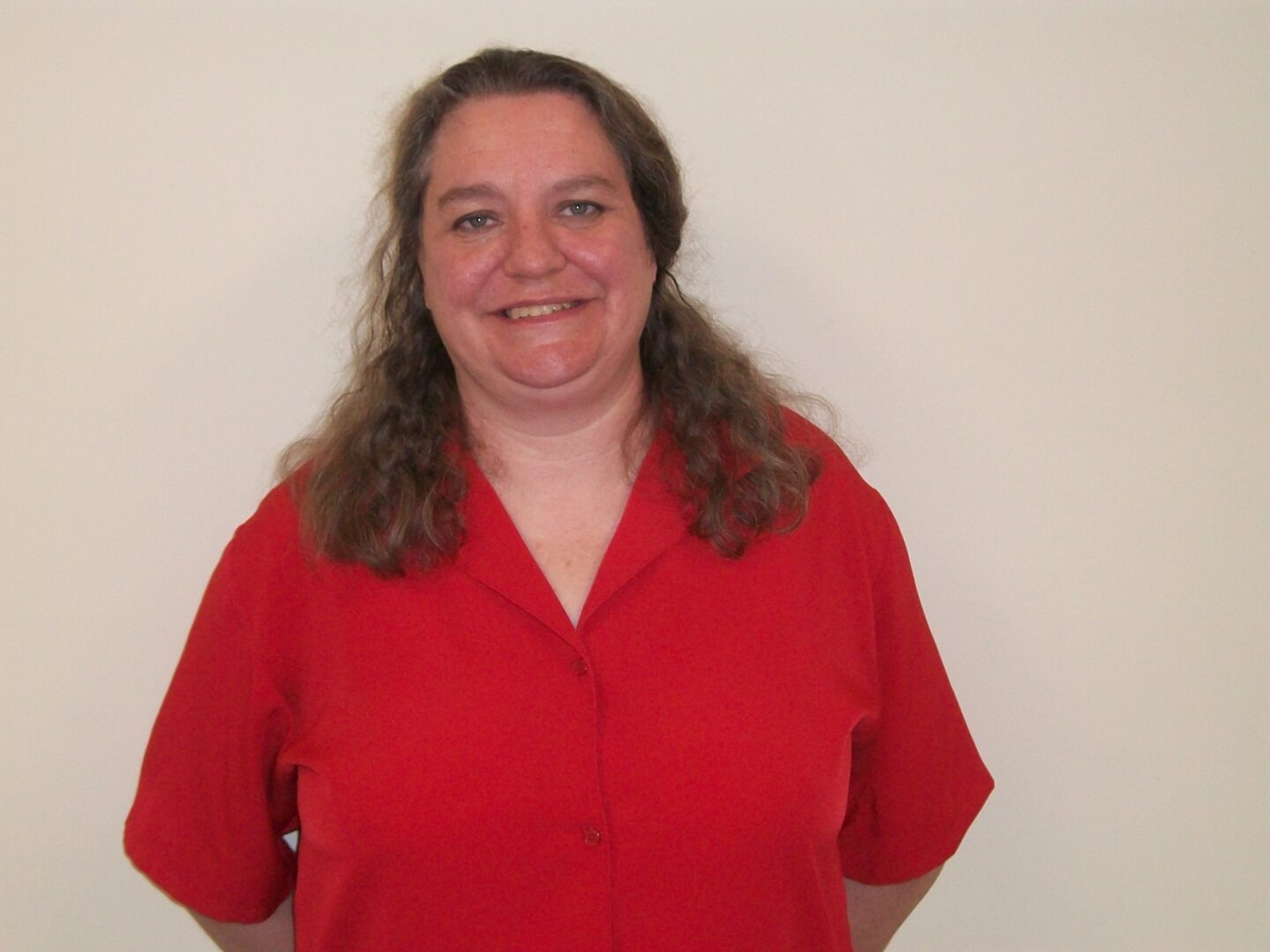
 Where our CEO Ms. C. is the head with the vision for where DCI is going. Our Companions are the hands that put together the daily work. Ms. Kat is our heart.
Where our CEO Ms. C. is the head with the vision for where DCI is going. Our Companions are the hands that put together the daily work. Ms. Kat is our heart.
 Ok you have gone through all the steps to apply for the I/DD wavier and you have in your hand a letter that says you are eligible. Now you have to wait for a slot for services to open. Realistically due to the demand for services you will be waiting for about 5 to 6 years before a slot is available.
Ok you have gone through all the steps to apply for the I/DD wavier and you have in your hand a letter that says you are eligible. Now you have to wait for a slot for services to open. Realistically due to the demand for services you will be waiting for about 5 to 6 years before a slot is available.


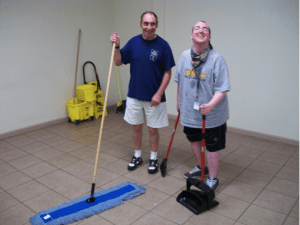
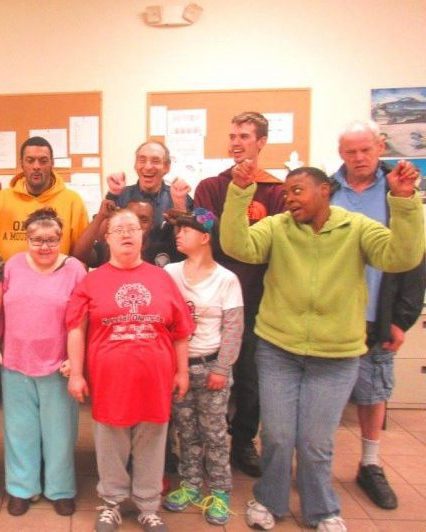
 else in the group would guess what the situation was. This game helped consumers build different types of characters through communication and trust.
else in the group would guess what the situation was. This game helped consumers build different types of characters through communication and trust. tell a story. A second person would stand behind them using their arms to help convey what the other person was saying.
tell a story. A second person would stand behind them using their arms to help convey what the other person was saying.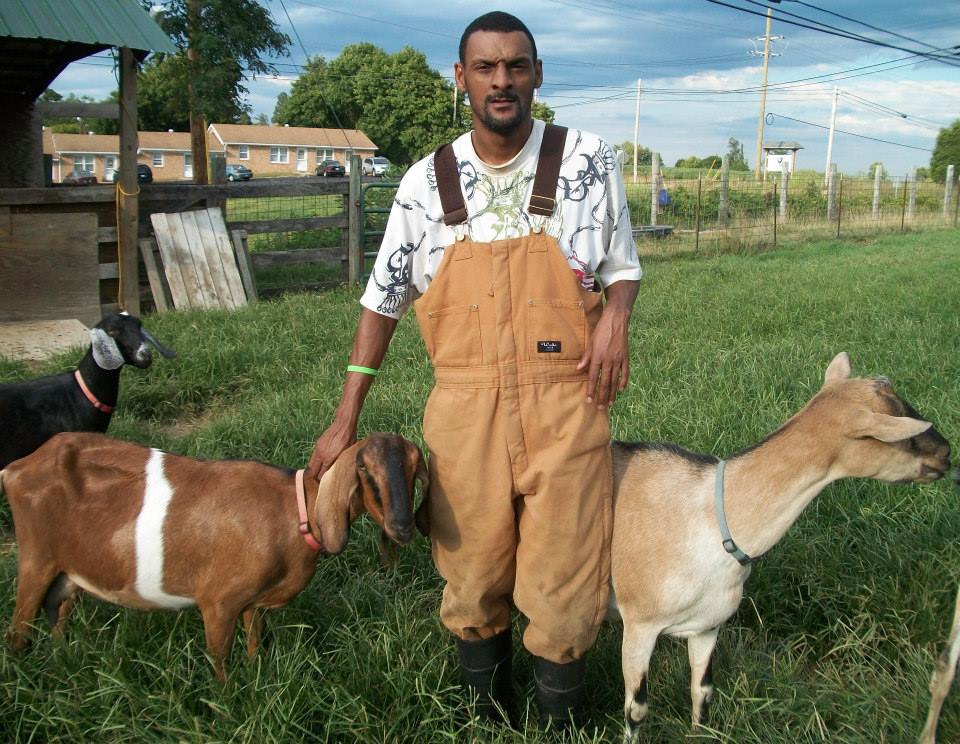
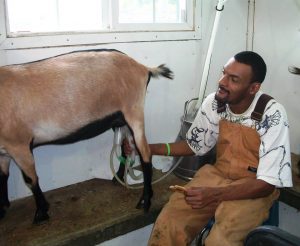
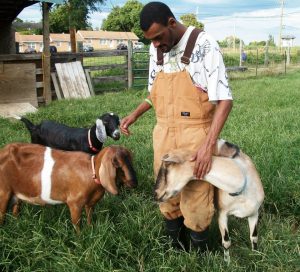


 When Jonathan joined Daily Companion’s program in October 2010 he was volunteering at the Salvation Army for 3 mornings a week. He expressed that he liked being there and enjoyed the support he had in the organization, but he wanted a bit more – he wanted to be paid.
When Jonathan joined Daily Companion’s program in October 2010 he was volunteering at the Salvation Army for 3 mornings a week. He expressed that he liked being there and enjoyed the support he had in the organization, but he wanted a bit more – he wanted to be paid.